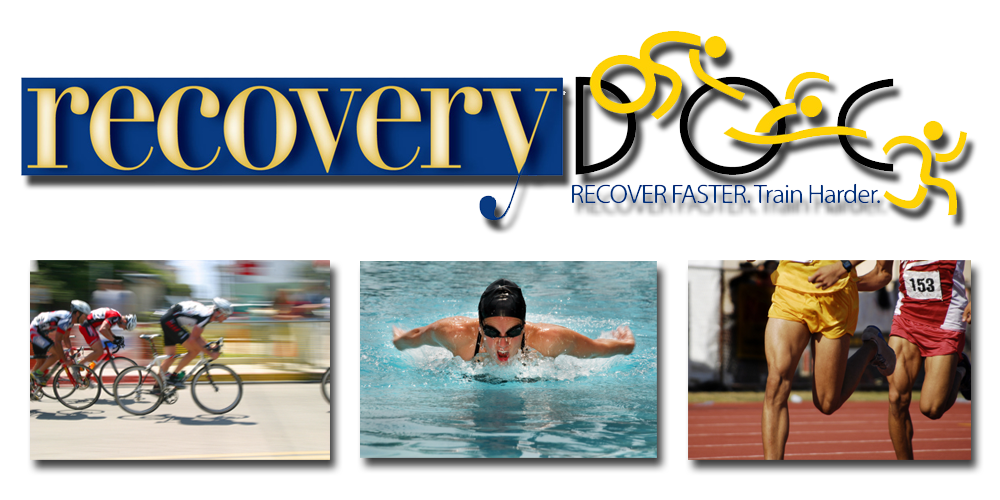Land on your toes, save your knees
August 10, 2010
Aggie player Paige Mintun goes for a layup and will be landing on those toes. (Wayne Tilcock/Davis Enterprise photo)
Anterior cruciate ligament injuries are a common and debilitating problem, especially for female athletes. A new study from UC Davis shows that changes in training can reduce shear forces on knee joints and could help cut the risk of developing ACL tears. The research was published online Aug. 3 in the Journal of Biomechanics.
"We focused on an easy intervention, and we were amazed that we could reduce shear load in 100 percent of the volunteers," said David Hawkins, professor of neurobiology, physiology and behavior at UC Davis. Hawkins conducted the study at the UC Davis Human Performance Laboratory with graduate student Casey Myers.
The anterior cruciate ligament lies in the middle of the knee and provides stability to the joint. Most ACL injuries do not involve a collision between players or a noticeably bad landing, said Sandy Simpson, UC Davis women's basketball coach.
"It almost always happens coming down from a rebound, catching a pass or on a jump-stop lay-up," Simpson said. "It doesn't have to be a big jump."
Hawkins and Myers worked with 14 female basketball players from UC Davis and local high schools. They fitted them with instruments and used digital cameras to measure their movements and muscle activity, and calculated the forces acting on their knee joints as they practiced a jump-stop movement, similar to a basketball drill.
First, they recorded the athletes making their normal movement. Then they instructed them in a modified technique: Jumping higher to land more steeply; landing on their toes; and bending their knees more deeply before taking off again.
After learning the new technique, all 14 volunteers were able to reduce the force passed up to the knee joint through the leg bone (the tibial shear force) by an average of 56 percent. At the same time, the athletes in the study actually jumped an inch higher than before, without losing speed.
Hawkins recommends warm-ups that exercise the knee and focusing on landing on the toes and balls of the feet. The study does not definitively prove that these techniques will reduce ACL injuries, Hawkins said: that would require a full clinical trial and follow-up. But the anecdotal evidence suggests that high tibial shear forces are associated with blown knees.
Hawkins and Myers shared their findings with Simpson and other UC Davis women’s basketball and soccer coaches, as well as with local youth soccer coaches.
Simpson said that the team had tried implementing some changes during last year's preseason, but had found it difficult to continue the focus once the full regular season began. In live play, athletes quickly slip back to learned habits and "muscle memory" takes over, he noted. More intensive off-court training and practice would be needed to change those habits, he said.
"We will be talking about this again this season," Simpson said. Implementing the techniques in youth leagues, while children are still learning how to move, might have the most impact, he said.
About UC Davis
For more than 100 years, UC Davis has engaged in teaching, research and public service that matter to California and transform the world. Located close to the state capital, UC Davis has 32,000 students, an annual research budget that exceeds $600 million, a comprehensive health system and 13 specialized research centers. The university offers interdisciplinary graduate study and more than 100 undergraduate majors in four colleges — Agricultural and Environmental Sciences, Biological Sciences, Engineering, and Letters and Science. It also houses six professional schools — Education, Law, Management, Medicine, Veterinary Medicine and the Betty Irene Moore School of Nursing.
Media contact(s):
•David Hawkins, Neurobiology, Physiology and Behavior, (530) 752-2748, dahawkins@ucdavis.edu
•Mike Robles, Intercollegiate Athletics, (530) 752-3680, merobles@ucdavis.edu
•Andy Fell, UC Davis News Service, (530) 752-4533, ahfell@ucdavis.edu
Dr. Joshua Brooks
Chiropractor Fairfax, VA 22031
Chiropractor Alexandria, VA 22304
Thursday, August 19, 2010
Subscribe to:
Posts (Atom)








.JPG)




